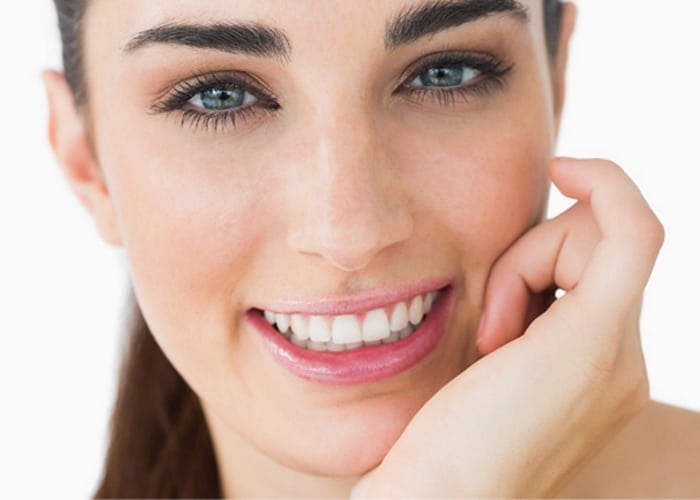
Because laser skin resurfacing is such an effective method for skin regeneration, there is a lot of material on the web to be found. Material that can be confusing, and at times conflicting. Most often used for treating the face, laser skin resurfacing can reduce blemishes, age spots, and wrinkles. It will also tighten skin as well as reduce or remove acne scars. Here are the 4 more important things to know about laser skin resurfacing:
- There is an optimal time for undergoing laser skin resurfacing. Many laser skin clinics in Vancouver recommend that you undertake laser skin resurfacing during the fall and winter months. This is known to those is the business as laser season. Why is this time frame important? It’s because laser skin resurfacing makes the skin very sensitive to sunlight. So, the season when daylight hours are shorter becomes the best time. This is also the period when most of use spend time indoors, which reduces our exposure to sunlight. At any rate, applying an SPF30 sunscreen helps preserve the result of the treatment. And as your skin is sensitive in the weeks and months following laser treatment, apply sunscreen also reduces the chances for skin cancer.
- The pain you feel during laser treatment will depend on your individual tolerance for pain as well as the type of laser used. A laser that is ablative (removes a very thin layer of skin) will potentially cause more pain compared to a laser that penetrates the skin without removing layers. Ablative lasers include CO2 and Erbium Yag lasers. Non-ablative lasers are those of the pulsed-dye, ND Yag, and Alexandrite lasers. Depending on the laser and your tolerance for pain, a numbing cream or anaesthetic will be used. Whatever type of laser used, a degree of tenderness on the treated areas is normal, and your cosmetic practitioner will recommend the proper way to alleviate the pain and discomfort.
- Laser skin resurfacing is not limited to people with light skin. Asian, Latin, and African skin tones can be treated too. In cases like these, an Erbium laser is used, which has been proven to work without causing discoloration for those with darker skin types. If your skin tone belongs to the darker variety, a professional will tell you whether your skin can tolerate laser skin resurfacing. If not, there are other proven skin resurfacing methods such as microneedling and radio frequency treatments.
- Which bring us to the importance of who to trust your skin to. Because of the popularity of laser skin resurfacing, many practitioners have sprung up. While well-meaning, they may have not have the training, skills and yes, experience necessary to consistently perform proper laser skin resurfacing. Don’t base your choice on price or technology type alone. The person who wields the laser on your skin is the most important factor.
Contact Pure Light Laser Skin & Body clinic for more information on laser skin resurfacing.